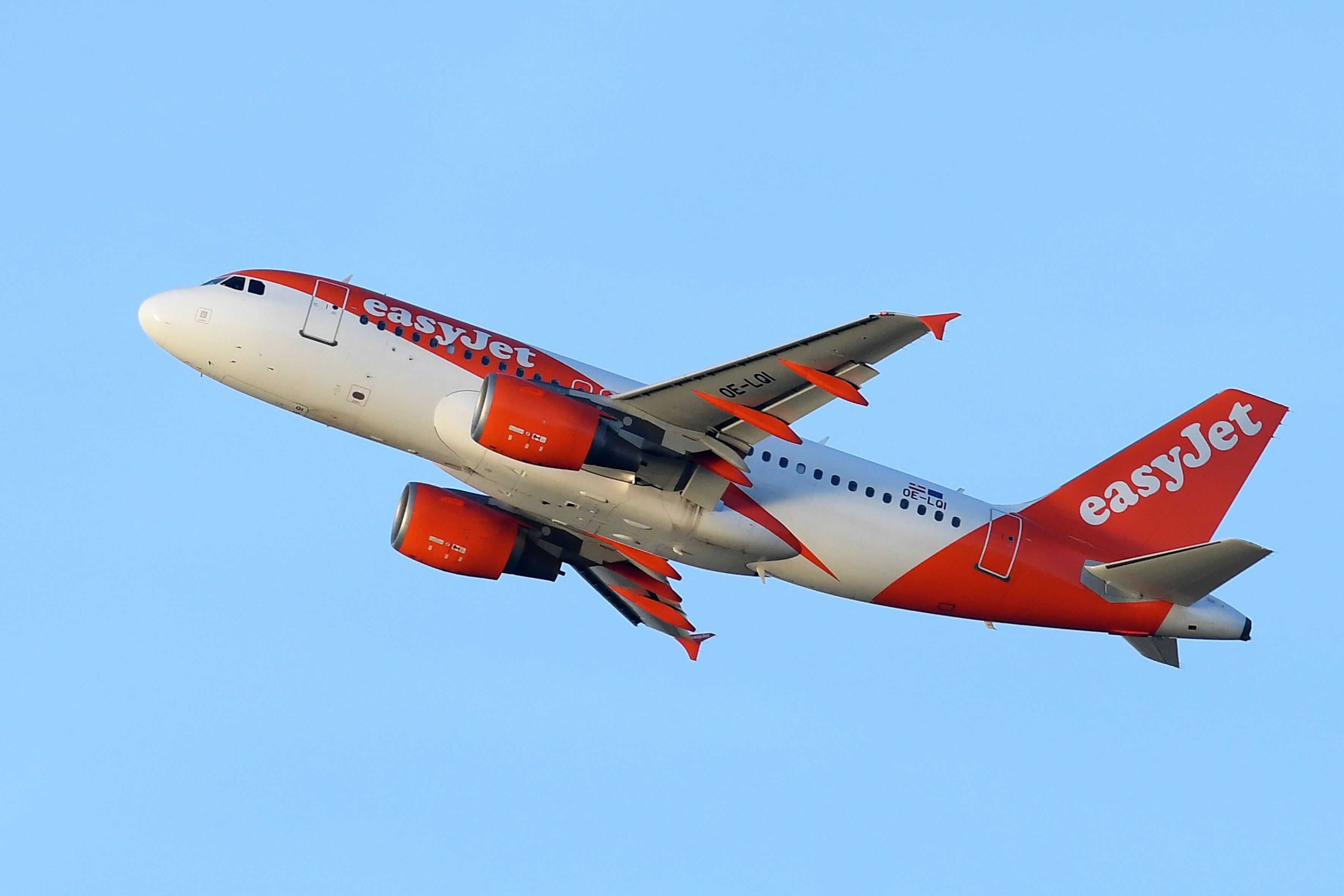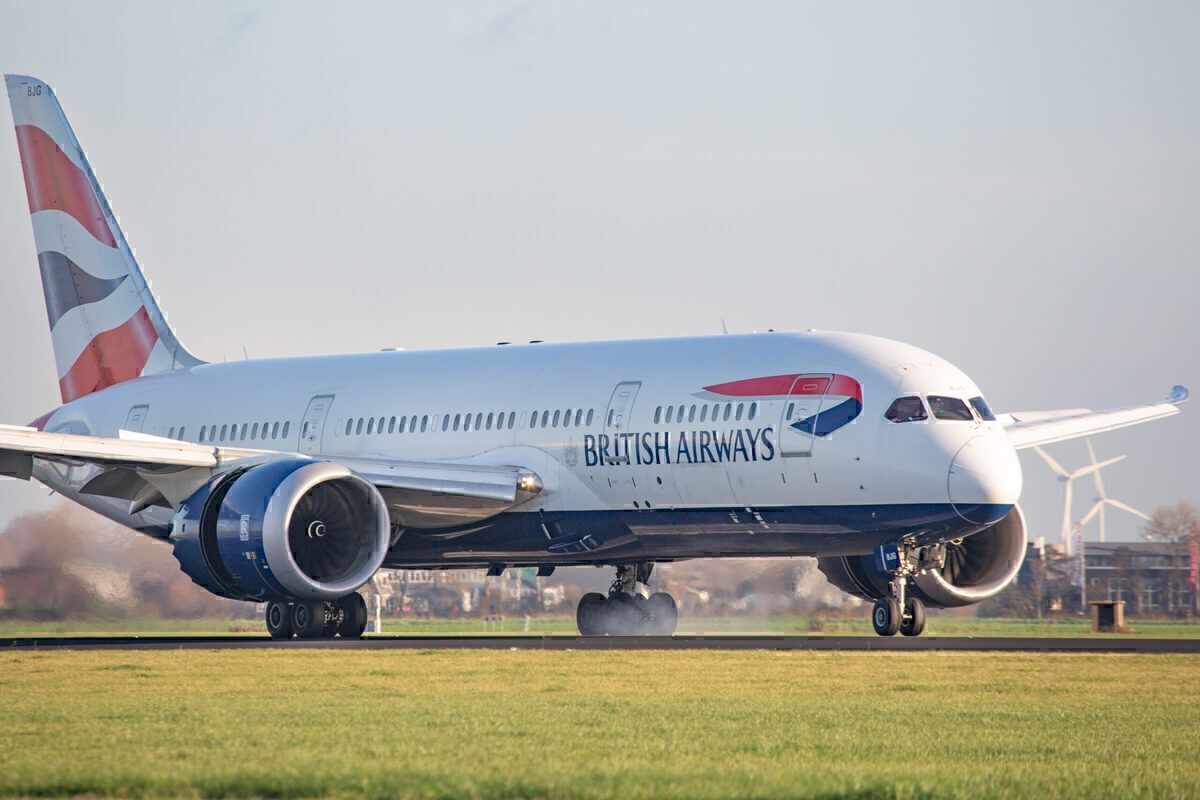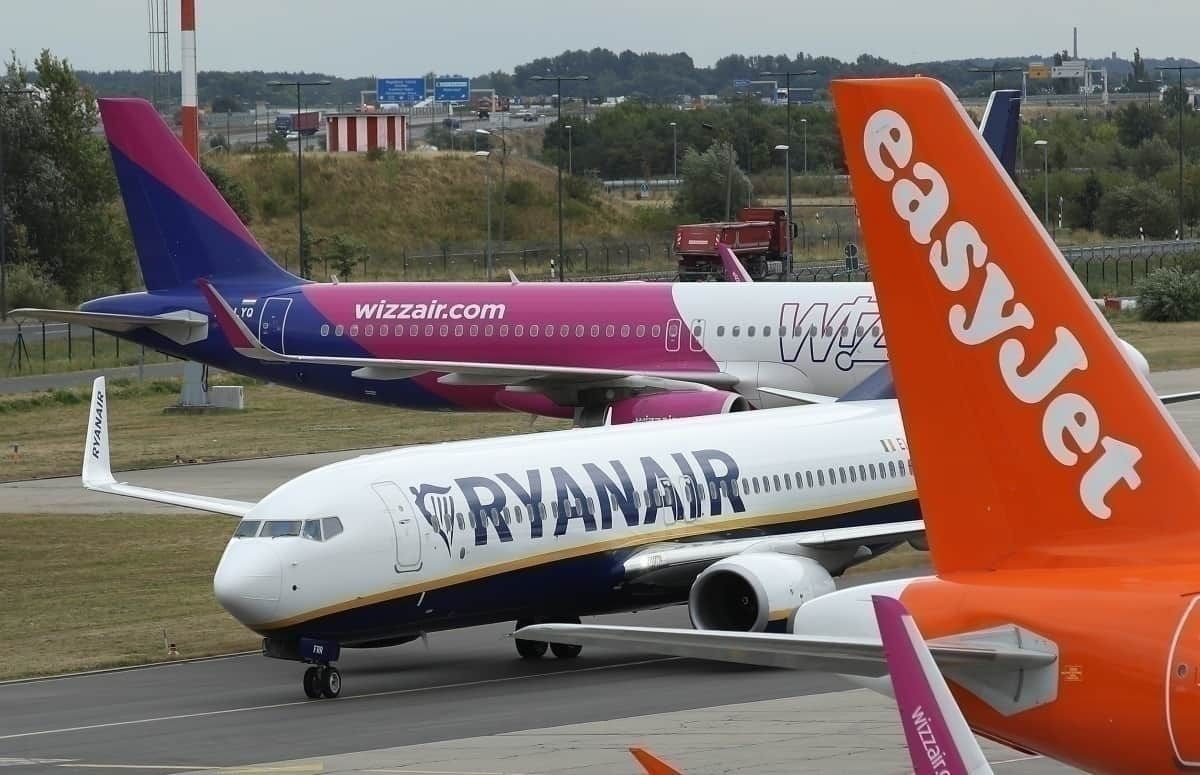UK consumer group Which? has warned that the government's latest proposals on passenger compensation will weaken consumer rights and says there is no evidence that the EC261 compensation framework harms airlines. We take a closer look below.
Which? blasts government compensation proposals
As flight cancelations and compensation claims continue to make the headlines during a period of significant travel disruption in the UK, consumer group Which? has criticized the UK government's proposals to change passenger compensation rights.
The group believes that the government's proposed changes will only weaken passenger rights, particularly on domestic flights within the UK.
Which? said,
"The proposed new system would negatively impact passengers by significantly reducing the amount of compensation they can receive for severely delayed or cancelled flights. Which? research previously found the reforms could slash average payouts by £163 per passenger, while saving airlines tens of thousands for a single flight. Which? is also concerned that, if adopted, this plan may set a precedent that could weaken passenger compensation rights worldwide."
Tens of thousands of passengers have been affected by mass flight cancelations over the past couple of months. Which? claims that airlines have routinely flouted flight compensation rules "knowing they are unlikely to face action from an aviation regulator with limited powers to intervene when they brazenly break the rules."
No evidence that EC261 is unfair on airlines
EC261, or the Flight Compensation Regulation, is a European Union (EU) regulation for flight compensation that was put into force in 2005. Under EC261, airlines are held to common rules regarding reimbursement and passenger care in the event of delays and cancelations.
If airlines are responsible for a delay or cancelation, passengers can claim between €250 ($262) and €600 ($630) depending on flight distance and the time of delay or cancelation.
Which? claims that low-cost carriers lobbied the government to adopt a new framework by stating that EC261 rules could drain up to 3% of their annual turnover. However, they did not provide any evidence of their claims to Which? upon request.
In a letter to Transport Secretary Grant Shapps, Which? said,
"The hollowing out or abandoning of the safeguards contained within the EC261 compensation regime would be a retrograde step, one that will lead to a further degradation in trust in airlines and hamper the recovery of the wider travel industry. We therefore urge you to urgently re-think these plans."
Which? reached out to seven airlines - BA, EasyJet, Jet2, Ryanair, TUI, Virgin Atlantic and Wizz Air - to provide more information on their compensation payouts, which none of the seven airlines obliged.
The group also contacted the UK's Civil Aviation Authority (CAA) regarding how much compensation airlines have paid out under EC261 rules in the last 10 years but did not receive any information.
Automatic compensation
Simple Flying recently explored if airline refunds and compensation should be made automatic, a move that both Transport Secretary Grant Shapps and Which? would support in principle.
However, Which? is wary that an automatic compensation framework could ultimately weaken passenger rights. The group believes that strengthening the CAA's enforcement powers would be a better solution.
Rocio Concha, Which? Director of Policy and Advocacy, said,
"The Secretary of State has recently talked up the merits of a system of automatic compensation. While Which? backs any move that would make it easier for passengers to get the money they are legally owed for delays and cancellations, we are concerned it may be used to introduce a weaker system of redress by the back door. The government must drop its ill-conceived plans to slash compensation rates for domestic flights and restore confidence in travel by giving the CAA direct fining powers, so it can hold airlines accountable when they flout the rules."
Do you think airlines are fair regarding compensation payouts? Do you have any personal experience claiming for reimbursement from an airline? Let us know in the comments.



